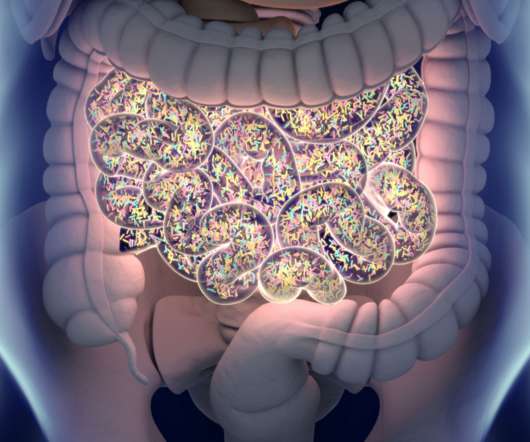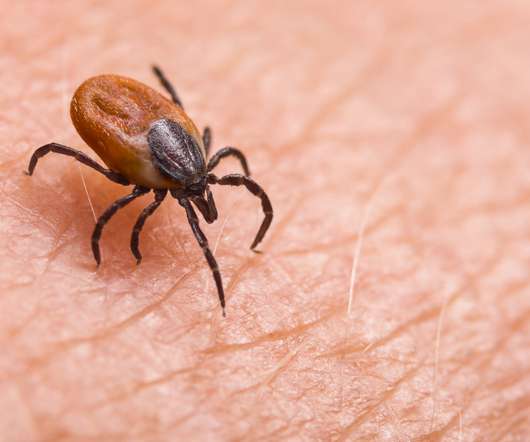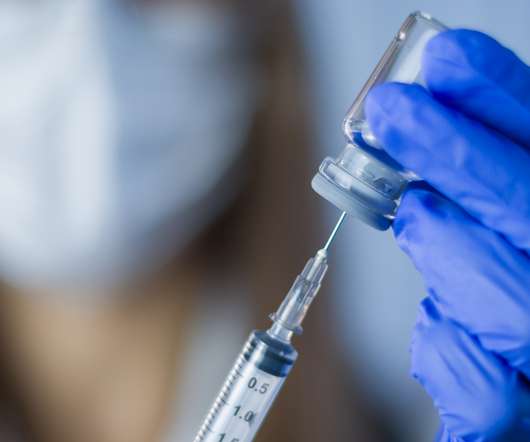US researchers decipher how one gut bacterium influences immunity
Drug Discovery World
JULY 29, 2022
From immunity to metabolism to mental health, it seems like the gut microbiome has been linked to every aspect of human health and disease. But with hundreds of bacterial species populating our gastrointestinal tract, it’s a daunting task to pinpoint which molecules made by which bacteria affect which biological processes—and how they do so.













Let's personalize your content